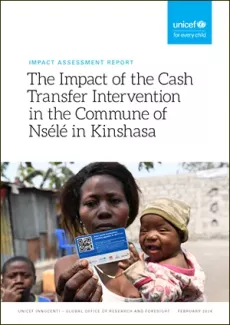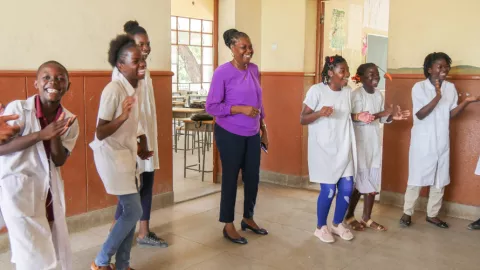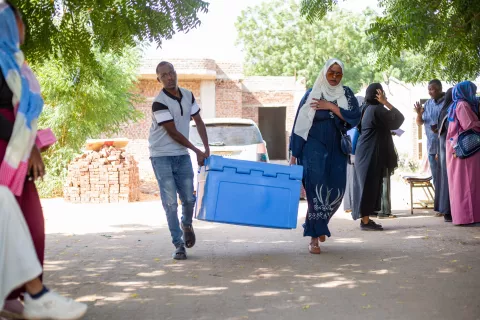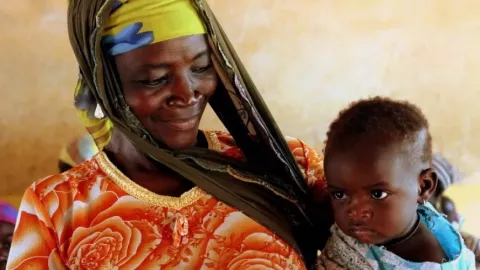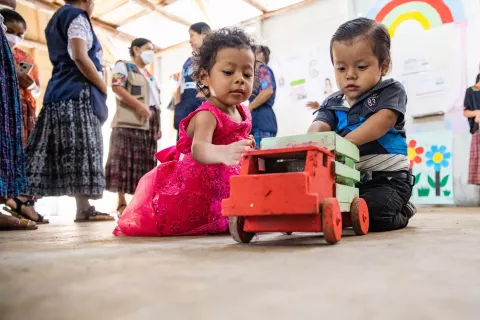The Impact of the Cash Transfer Intervention in the Commune of Nsélé in Kinshasa
Impact assessment report
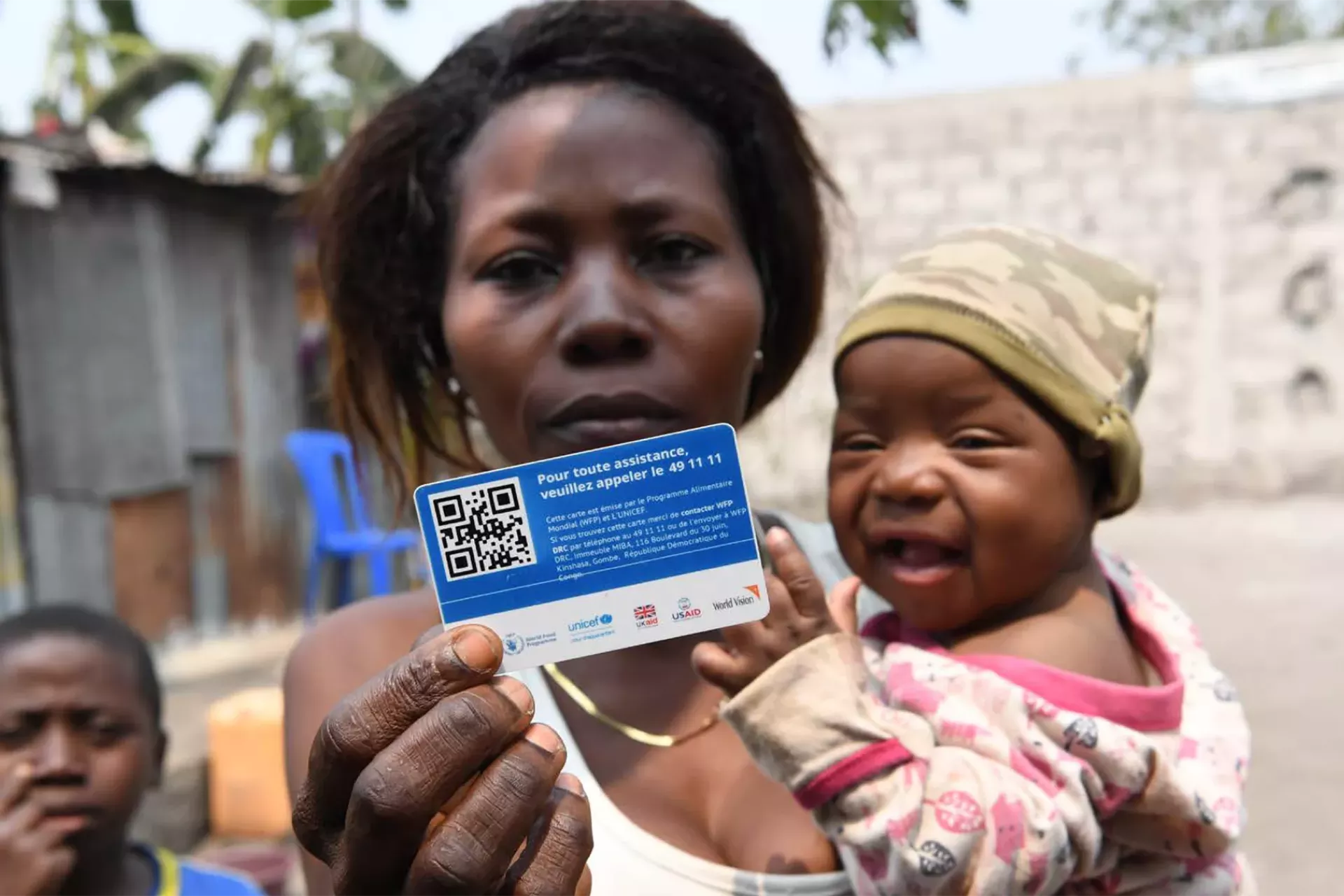
Highlights
In an effort to mitigate the negative socioeconomic consequences of the COVID-19 containment measures in the Democratic Republic of the Congo (DRC), UNICEF and the World Food Programme initiated a cash transfer programme in the peri-urban commune of Nsélé, near Kinshasa, the capital of DRC. The intervention reached about 23,000 households in the initial humanitarian phase which lasted for 3 months, and then scaled down to reach about 16,000 of the most vulnerable households for an additional 6 months of a social protection phase. A complimentary intervention to the cash transfer trained local associations and communities in women’s leadership, women’s rights, gender-based violence and positive masculinity, and financial management of income-generating activities.
This report presents the design of an impact evaluation of the intervention, the findings from the evaluation, and recommendations for policy and further research. The quantitative analysis found limited impacts of the intervention on household food security, resilience based coping, and dietary diversity which were the primary outcomes of interest. Qualitative interviews however showed more positive experiences and appreciation for the intervention. The study attributes the limited impacts of the intervention to challenges with implementation which needs to be addressed before scaling up. Important lessons about targeting will help the Government with designing the national comprehensive register for social protection.
